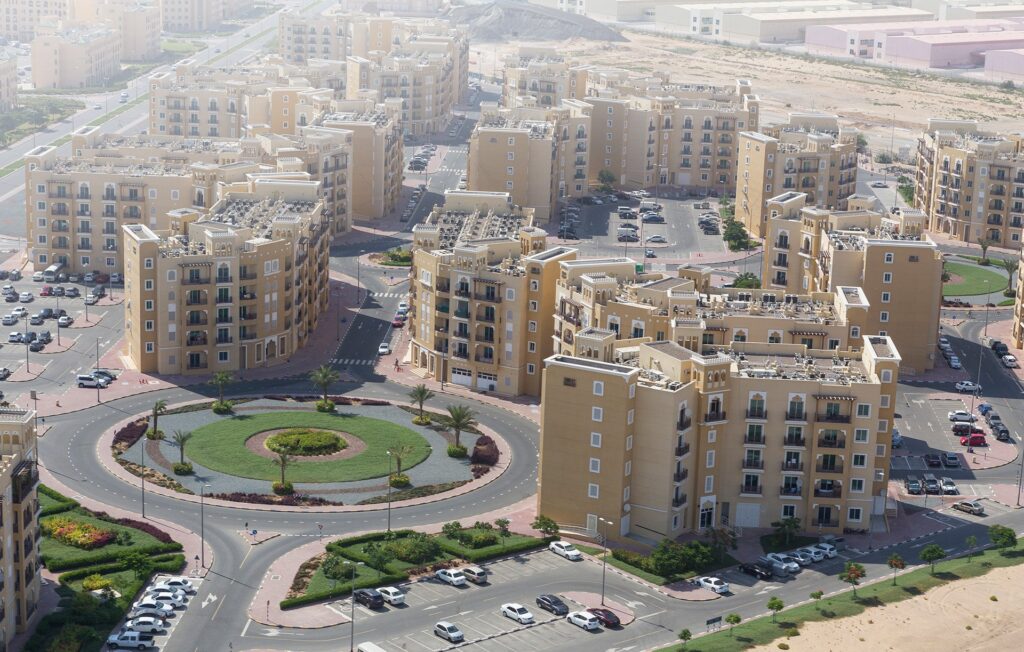Rights of Tenants in Dubai: All You Need to Know
Do you want to know your rights as a Dubai renter or tenant? What can and cannot landlords do? Are you undecided about your next move?
Before you become a renter in Dubai, here’s some professional legal advice from experts that you should know about.
Here is a summary of Real Estate Regulatory Agency (RERA) Tenancy contract rules:
Common Problems of Tenants or Renters in Dubai
Rent hikes that are arbitrary, as well as evictions by landlords seeking higher rates due to better market circumstances.
Can my Landlord raise my rent in Dubai?
Landlords have the right to raise rent if they offer 90 days’ notice before the lease expires.
The landlord, on the other hand, is only allowed to raise rent within the limitations set by the Dubai Land Department. The Dubai Land Department grants the following rights to landlords:
- If the existing rent is less than 10% below the average market rental rate, no rent increase is authorized.
- If the existing rent is less than 11% to 20% below the typical market rental rate, a maximum of 5% increase is allowed.
- If the present rent is between 21% and 30% below the average market rental rate, a maximum of ten percent increase is allowed.
- If the existing rent is less than 31% to 40% below the market average rental rate, a max of 15% increase is permitted; and
- If the existing rent is less than anything higher than 40% of the typical market rental rate, a maximum of 20% increase is allowed.
In the case that both the landlord and the tenant dispute with the rent increase, either party can submit a claim with the Rental Dispute Committee. The Rental Dispute Committee will next decide the rent increase amount.
Insurance of Renting Apartments in Dubai & UAE
Neither renters nor landlords are required to carry insurance under the Landlord and Tenant Act. Landlords, on the other hand, are frequently covered by insurance. Tenants frequently purchase personal property insurance.
Rights of Tenants & Renters in UAE & Dubai
According to Article 16 of the Landlord and Tenant Law:
- The landlord is responsible for any maintenance, repairs, or damage that prevents the tenant from using the rented property.
- However, it is extremely usual for landlords and renters to agree on a specific threshold price over which the tenant is responsible for any repairs.
- Tenants are frequently responsible for repair expenses of Dhs500 or less for flats and Dhs1,000 or less for villas, according to the parties’ agreement.
- Any serious damage should be reported to your landlord right away so that the occurrence may be documented and the problem can be resolved quickly.
Landlord Asks You to Move Out In Dubai: What’s Next?
Unless the tenant is in blatant violation of their tenancy contract and the law, or the property is in dire need of repair, landlords are not allowed to evict their tenants before the lease expires.
The law provides an exhaustive list for eviction, including:
- Tenants that refuse to pay their rent despite being given thirty (30) days’ notice.
- The tenant sublets the property without the permission of the owner.
- Illegal activities are carried out on the premises.
- The premises are being utilized for purposes other than those for which they were designed.
- Even then, the landlord is required to serve the renter with a notary public or registered postal notice.
Landlords have the right to remove tenants at the end of their lease only for the following reasons:
- The landlord wants to deconstruct the facilities in order to rebuild it or add new structures, and this expansion will prevent the renter from using the rental agreement, assuming the owner has received the necessary permissions.
- The rented premises need renovation or significant maintenance, and such work cannot be done while the tenant is on the premises; provided, however, that a technical report authorized by Dubai Municipality demonstrating the necessity for repair is acquired.
- The landlord wishes to utilize the leased premises for himself or any member of his family in the first degree, given that he does not possess any other equivalent appropriate property.
- The leased facilities are being sold by the owner. Even then, the owner must provide the renter a 12-month notice of eviction issued by a notary public or registered mail, stating the grounds for eviction.





